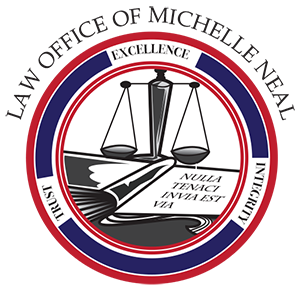INDIVIDUAL EXEMPTED FROM THE FINAL PUBLIC CHARGE RULE
On August 14, 2019, the Department of Homeland Security (DHS) published the, Inadmissibility on Public Grounds, final rule. The rule goes into effect October 15, 2019 and will not be applied retroactively applied to applications and petitions already filed. For public benefits received by individuals that were previously excluded from consideration under the 1999 Interim Field Guidance, DHS will consider receipt of those benefits as negative factor in the totality of the individual’s circumstances but not a heavily weighted negative factor.
The effect of this final rule, predictably had heightened fear and panic on an already traumatized people and created mass confusion. It is easier to understand who and what is exempt than who and what is included in the final rule.
Individuals exempted:
Asylees, Refugees, other vulnerable population –T-nonimmigrant victims of severe form of trafficking in persons, U nonimmigrant victims of criminal activities, victims under the violence against women’s Act (VAWA)), aliens enlisted in the U.S. Armed Forces in active duty or the Ready reserve, individuals receiving emergency Medicaid or Medicaid related services under the Individuals with Disabilities Education Act (IDEA), individuals at or below the maximum eligibility age for secondary education receiving school-based benefits in accordance with state law, and others statutorily waived by DHS.
Means tested federal and state benefits received by the United States citizen children of undocumented individuals is not subjected to this law but many now fear applying or renewing these benefits for their United States citizen minor children for fear of being detained.
Benefits exempted
As a general rule, undocumented immigrants are ineligible to receive the majority of federal public benefits. They are eligible to receive benefits deemed necessary to protect life or guarantee safety in emergency situations. The main benefits undocumented individuals are eligible to receive include:
Emergency room hospital, nutrition programs like The Special Supplemental Nutrition Program for women, infants and children (WIC); access to public education –K-12; Early Head Start and Head Start; emergency medical relief, disaster relief, national school lunch/breakfast programs, child health insurance (CHIP), emergency Medicaid or Medicaid related services provided under IDEA; some state funded benefits programs, benefits received by military service members and their spouses and children and benefits received while in status that is exempt from the public charge ground of inadmissibility.
Note that legal permanent residents, in that status for five years are subjected to certain limitations before they become eligible for federal public benefits. A review of all benefits received as of date of first entry into the U.S. as an immigrant, nonimmigrant or undocumented is important to determine how the final public charge rule affects or will affect you in the future.
